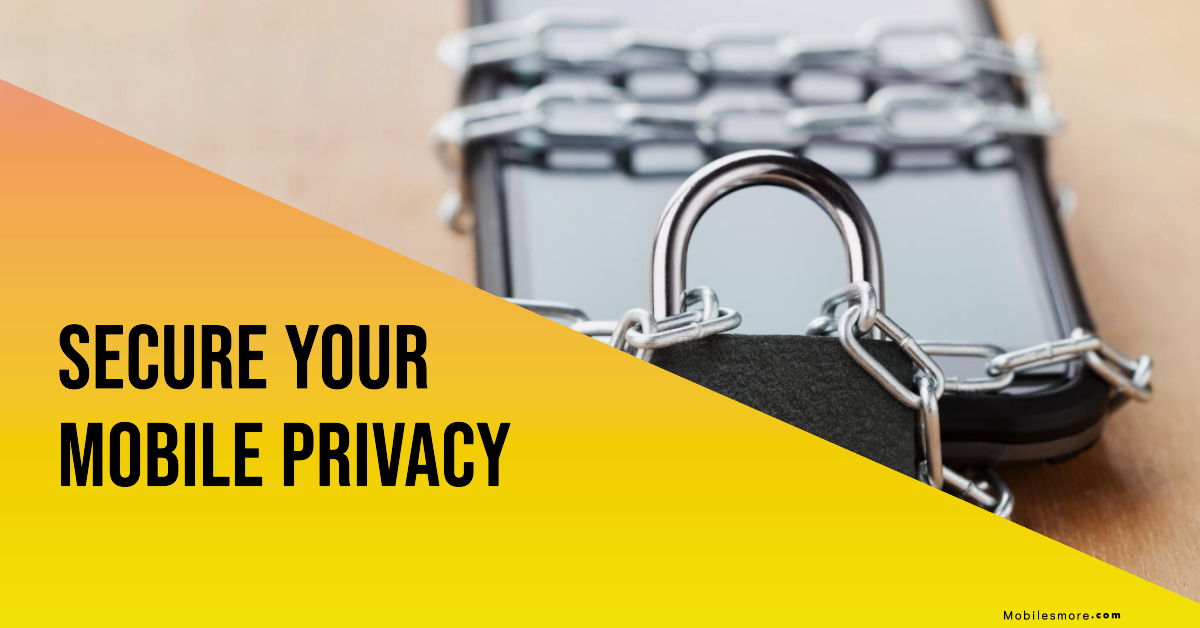In today’s world, mobile devices have become an integral part of our lives. They hold our personal information, our contacts, our passwords, and our financial information. With so much sensitive data on our mobile devices, it is important to take steps to protect our privacy. In this blog post, we will discuss some tips and tricks on how to protect your privacy on mobile devices.
Tip 1: Use a strong password or passcode
The first step in protecting your privacy is to use a strong password or passcode. This will prevent unauthorized access to your device and the data stored on it. Avoid using easy-to-guess passwords such as your birthdate, name, or common words. Instead, use a combination of uppercase and lowercase letters, numbers, and symbols. Also, consider using a password manager to generate and store strong passwords.
Tip 2: Keep your device updated
Keeping your mobile device’s operating system up to date is important for security. These updates often include security patches and bug fixes that address vulnerabilities that could be exploited by malicious actors. Set your device to automatically download and install updates to ensure that you are always running the most secure version of the operating system.
Tip 3: Use two-factor authentication
Two-factor authentication adds an extra layer of security to your device and accounts. It requires you to enter a code in addition to your password when logging in to an account. This code is usually sent to your mobile device, making it more difficult for hackers to gain access to your accounts.
Tip 4: Be careful with public Wi-Fi
Public Wi-Fi networks are often unsecured and can be easily exploited by hackers. Avoid accessing sensitive information such as banking or credit card information while on public Wi-Fi. If you must use public Wi-Fi, consider using a virtual private network (VPN) to encrypt your internet traffic.
Tip 5: Use encryption
Encryption is the process of encoding data so that it can only be accessed by authorized parties. Many mobile devices offer encryption options to protect your data. For example, iPhones offer data encryption by default, and Android devices offer encryption as an option. Check your device’s settings to ensure that encryption is enabled.
Tip 6: Use privacy-focused apps
There are many apps available that focus on protecting your privacy. For example, encrypted messaging apps such as Signal and WhatsApp ensure that your messages are secure and private. Privacy-focused web browsers such as Brave and DuckDuckGo prevent websites from tracking your online activity. Consider using these apps to protect your privacy while using your mobile device.
In conclusion, protecting your privacy on mobile devices is crucial in today’s digital age. By following these tips and tricks, you can ensure that your sensitive data is kept safe and secure. Remember to use strong passwords, keep your device updated, use two-factor authentication, be careful with public Wi-Fi, use encryption, and use privacy-focused apps. Stay safe and protect your privacy!

